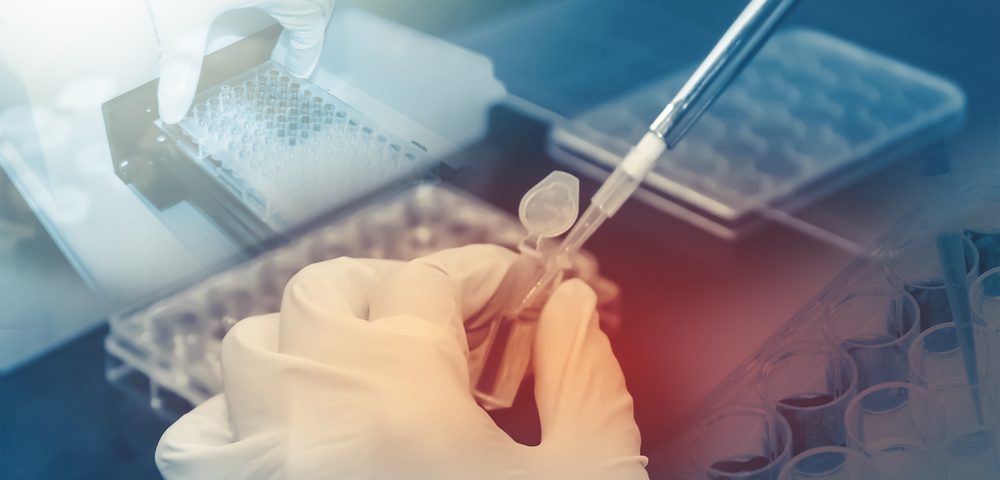Scientists have discovered that an unassuming non-medicinal plant can stop the growth of human breast cancer cells without affecting non-cancerous cells. Their research into Arabidopsis thaliana, a small annual flowering plant in the mustard family, could lead to potential new treatments for breast cancer and other diseases.
The study, “Jasmonates induce Arabidopsis bioactivities selectively inhibiting the growth of breast cancer cells through CDC6 and mTOR,” was published in the journal New Phytologist.
“The plant is very much like the ‘Cinderella’ of the medicinal plant world — no one thought it was so special, but it has shown its true colors via our research,” Alessandra Devoto, PhD, researcher at Royal Holloway, University of London, and author of the study, said in a press release. “The discovery has important implications in developing treatments for cancer as well as other diseases.”
Plants produce several small molecules that are commonly used as pharmaceuticals, insecticides, or fragrances which hold commercial applications due to their use in defence against biological challenges.
Researchers have now investigated the effect of Arabidopsis thaliana — a model commonly used to study the growth and development processes in plants — in both human breast cancer cells and normal (non-tumorigenic) mammary cells.
They began by evaluating the effect of methyljasmonate, which is a derivative of jasmonate — a hormone discovered in jasmine that boosts plant responses to stress — in different cell types. Methyljasmonate was able to inhibit the growth of human breast cancer cells while not affecting normal cells.
To understand if this inhibitory effect on tumor cell growth could be the result of a synergistic effect between jasmonates and other plant compounds, the team then searched for specialized metabolites (products of metabolism) in Arabidopsis using high-throughput liquid chromatography followed by mass spectrometry — a technique that allows scientists to identify a substance’s components.
Although this analysis identified 161 potentially bioactive metabolites specific to this plant, the researchers recognize that due to the complexity of plant mixtures, “[f]urther analysis is required to precisely identify the active ingredients in the complex plant mixture.” However, they noted that the compounds detected in Arabidopsis “were potential bioactive compounds.”
When breast cancer cells were incubated with Arabidopsis leaves treated with methyljasmonate, RNA — the molecule that contains information to make proteins — and protein levels of cell cycle regulators were also altered, when compared to untreated controls.
Particularly, RNA and protein levels of cell division cycle 6, cyclin-dependent kinase 2, and cyclin D1 were reduced, compared to cells incubated with untreated leaves. Cyclin D3 protein levels were also reduced but no differences were observed at the RNA levels. These results indicate that key cell cycle regulators — proteins that are essential for cell division and growth — could mediate the mechanism behind the reduction in breast cancer cell viability.
Methyljasmonate and plant leaves treated with methyljasmonate also affected protein levels of the mammalian Target of Rapamycin (mTOR) pathway, a known therapeutic target in breast cancer.
Together, these results suggest a role for methyljasmonate treatment of Arabidopsis, regulating the cell cycle of plant and animal cells, through the crosstalk between mTOR and jasmonates.
“This study has important implications to identify metabolites with anti-cancer bioactivities and it will have applications in developing treatments for other diseases,” the researchers wrote. “Combined with different recent progress in metabolic engineering and biotechnology, our approach will facilitate production and analysis of bioactivities from plants on industrial scales.”
Devoto added: “I am truly excited to have discovered the amazing impact this unassuming plant has on breast cancer cells. It just proves that even plants with a non-medicinal pedigree can work for cancer treatment.”

